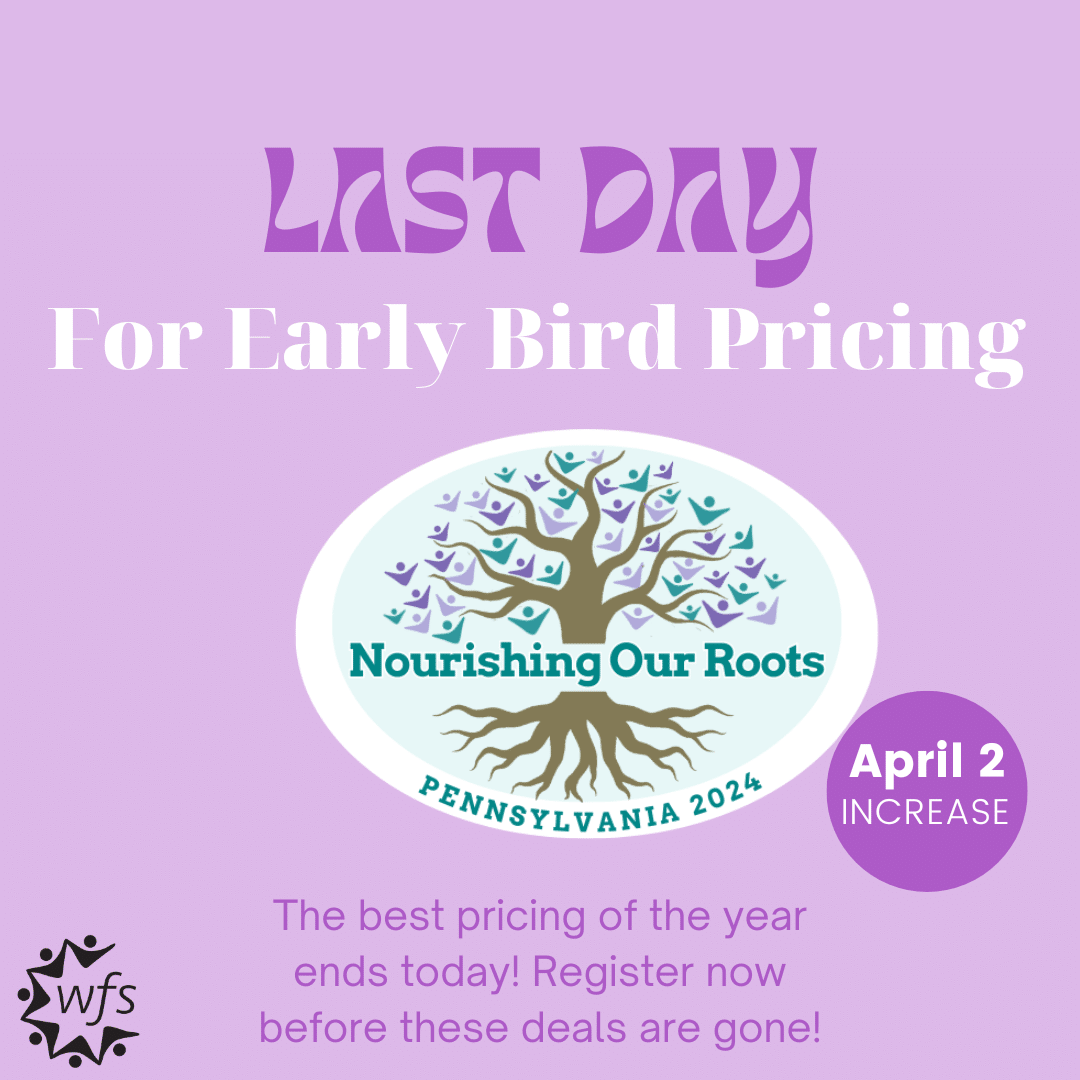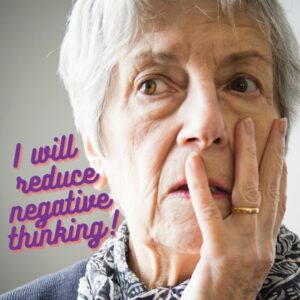Your cart is currently empty!

Monday Thoughts 7.1.24
“It’s only a thought and a thought can be changed.” Louise Hay “Nothing will cost you more in life than a predetermined belief that things aren’t going to work out.” Donald Miller “The most difficult times for many of us are the ones we give ourselves.” Pema Chödrön #2 Negative








